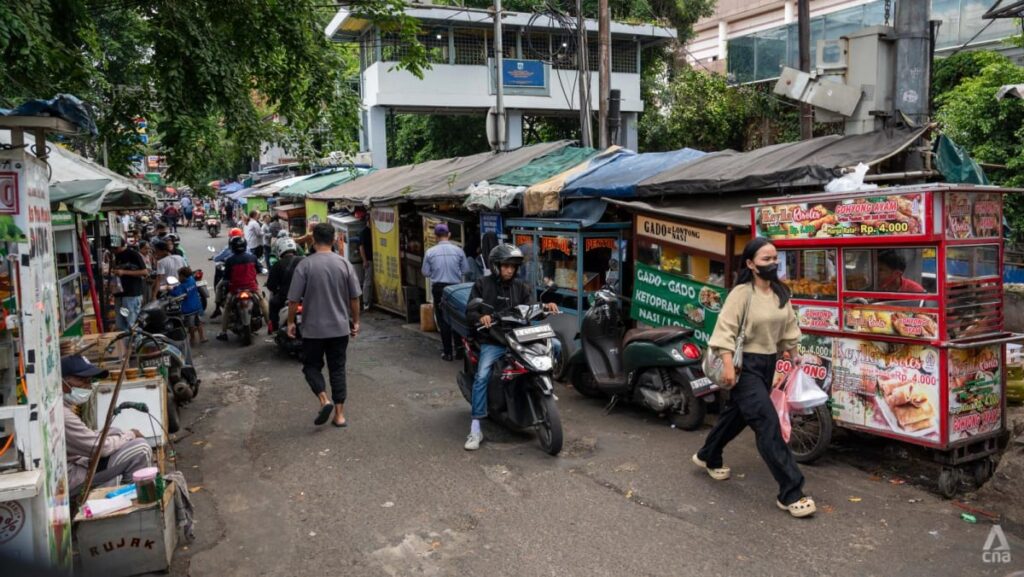POLICIES FOR QUALITY EMPLOYMENT
Indonesia must reorient its policy towards quality employment, including by incentivising employers to hire formally and pay fairly. Indonesia can learn from Chile’s Subsidio al Empleo Joven (Youth Employment Subsidy), which offers wage subsidies to enterprises hiring vulnerable young workers, while linking social security benefits and access to credit to formal employment status.
OECD evaluations show that this program has raised the probability of formal employment by 3 per cent and led to higher earnings for beneficiaries. Adopting similar targeted incentives can encourage more businesses to provide decent and secure employment.
Improving job quality is not solely the responsibility of the government. The Central Bank also has a role to play by recognising the economic slack created by underemployment. Indonesia should rely on a comprehensive dashboard of labour market indicators to set monetary policy, rather than a single headline unemployment figure.
An economy may boast record-low unemployment and strong job creation, yet persistent underemployment or weak labour force participation signals that substantial slack remains beneath the surface.
In these cases, central banks may be wise to hold back from aggressive tightening to avoid stifling a still-fragile economic recovery. By embracing broader labour measures, monetary and fiscal policy can be calibrated more precisely, uncovering hidden slack or overheating pressures that the official employment growth rate alone fails to reveal.
Indonesia also needs to strike a bold national conversation on job quality standards, while employers must provide a decent minimum wage, stronger job security, increased social protections and self-development opportunities. Good jobs are not luxuries, but preconditions for a healthy and inclusive economy.
Indonesia’s economic engine continues to grow. But if the jobs it produces are low-wage, informal and dead-end, the country risks building a future where work does not deliver dignity. Indonesia’s economy will not be measured by how fast it grows, but by how many people rise with it.
Kelvin Ramadhan is Research Fellow at EQUITAS, and Wisnu Setiadi Nugroho is Assistant Professor at the Faculty of Economics and Business, Universitas Gadjah Mada. This commentary first appeared on East Asia Forum.
Read the full article here

